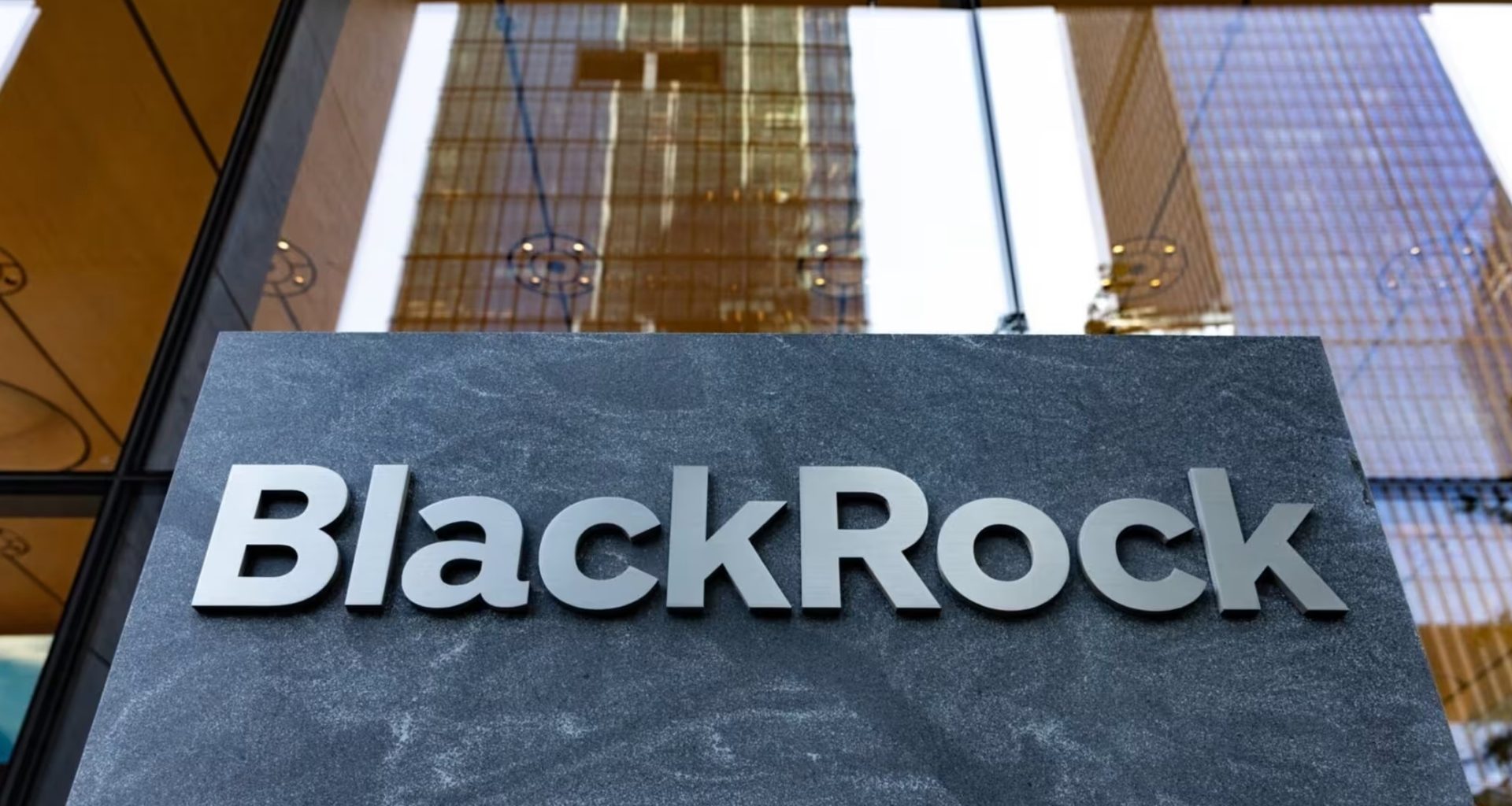The cryptocurrency market has long been hailed as a decentralized alternative to traditional finance, free from the manipulation and control that plague centralized institutions. However, recent developments involving financial giants like BlackRock and major banks have raised serious questions about whether the crypto space is immune to the same practices that have marred traditional markets for decades. These institutions appear to wield insider-level influence over the crypto market, operating with an edge of regulatory immunity that raises concerns about fairness and transparency.
In this detailed analysis, we’ll explore how market manipulation by BlackRock and major banks mirrors insider trading and examine its implications for Bitcoin and the broader cryptocurrency ecosystem.
How BlackRock and Banks Influence the Market
Controlling Liquidity and Supply
One of the key ways financial institutions manipulate markets is by controlling liquidity. By amassing significant amounts of Bitcoin or other cryptocurrencies, institutions like BlackRock can effectively influence the supply and demand dynamics. For example, sudden large-scale purchases or sales can trigger dramatic price swings, creating opportunities for these institutions to profit at the expense of retail investors.
ETF Filings and Strategic Announcements
The announcement of Bitcoin ETFs, particularly by BlackRock, has had a profound impact on market sentiment. Each new filing or update generates waves of speculation, driving prices up or down depending on the narrative. These announcements often occur at strategically advantageous times, allowing insiders to capitalize on the market movements they create.
For example, when BlackRock filed for a Bitcoin spot ETF in 2023, Bitcoin prices surged. While this generated optimism in the market, critics argue that the timing of such announcements is not coincidental. These filings often align with market conditions that favor institutional players, leaving retail investors to react to carefully orchestrated moves.
Regulatory Influence
Major banks and asset managers like BlackRock often have close ties to regulators, giving them a level of influence that smaller market participants can only dream of. This influence allows them to shape the rules of the game in ways that benefit their interests, often at the expense of retail investors.
For example, regulatory clarity or approval for ETFs often seems to favor institutional players, while smaller projects and decentralized exchanges face stricter scrutiny. This creates an uneven playing field, where institutions can operate with a level of immunity from the consequences that others face.
Insider Trading Under a Different Name?
The Playbook of Insider Trading
In traditional finance, insider trading refers to the use of non-public information to gain an unfair advantage in the market. While outright insider trading is illegal, the tactics employed by BlackRock and major banks in the crypto space bear striking similarities. By leveraging their size, connections, and market influence, these institutions are able to anticipate or even create market movements to their advantage.
Front-Running Retail Investors
Front-running is a common tactic in both traditional and crypto markets, where institutions execute trades ahead of significant market-moving events. With their deep pockets and access to information, BlackRock and banks can front-run retail investors by buying or selling large amounts of Bitcoin before making announcements that influence the market.
For example, an institution might accumulate Bitcoin before announcing a major investment, causing the price to surge and allowing them to sell at a profit. Retail investors, who lack access to the same information, are left chasing the market, often buying at inflated prices.
The Illusion of Legitimacy
What makes this manipulation particularly concerning is the illusion of legitimacy. By operating under the guise of regulatory compliance and institutional respectability, these players avoid the scrutiny that would typically accompany such behavior in traditional markets. This “immunity” enables them to profit from practices that would otherwise be considered unethical or illegal.
The Impact on Bitcoin and Retail Investors
Distorted Price Discovery
Market manipulation by large institutions undermines the process of price discovery, which is essential for a healthy and transparent market. When prices are influenced by coordinated actions rather than organic supply and demand, the true value of Bitcoin becomes obscured. This makes it difficult for investors to make informed decisions, increasing the risk of losses.
Loss of Decentralization
The involvement of centralized institutions in the crypto market threatens the very principles of decentralization that Bitcoin was built on. As more power is concentrated in the hands of a few large players, the market becomes less representative of the broader community. This shift could discourage participation from retail investors, who may feel that the odds are stacked against them.
Erosion of Trust
Perhaps the most damaging consequence of market manipulation is the erosion of trust. Bitcoin and other cryptocurrencies have thrived on the promise of a fairer, more transparent financial system. When institutions exploit their power to manipulate the market, they undermine this promise, potentially driving away the very users who are essential for the ecosystem’s growth.
What Can Be Done?
Increased Transparency
Transparency is key to addressing market manipulation. Requiring institutions to disclose their holdings, trades, and strategies in real-time could help level the playing field. Blockchain technology itself offers a potential solution, as it provides an immutable record of transactions that can be audited by anyone.
Stronger Regulation
While overregulation could stifle innovation, targeted regulatory measures can help prevent abuse. For example, stricter rules around ETF filings and market-moving announcements could reduce the potential for manipulation. Regulators must ensure that their policies are designed to protect retail investors, not just cater to institutional interests.
Empowering Retail Investors
Education and access to tools are crucial for empowering retail investors to compete in a market dominated by institutions. Platforms that provide real-time data, analytics, and trading tools can help level the playing field, enabling smaller investors to make more informed decisions.
A Call for Fairness in the Crypto Market
The growing influence of institutions like BlackRock and major banks in the cryptocurrency market has brought both opportunities and challenges. While their participation lends credibility to the space, their practices often mirror the insider trading tactics that have long plagued traditional finance. Left unchecked, this manipulation risks undermining the principles of fairness, transparency, and decentralization that make Bitcoin and other cryptocurrencies so appealing.
As the crypto market matures, it’s essential to address these issues head-on. By increasing transparency, implementing targeted regulations, and empowering retail investors, the industry can work towards a more equitable future. Only then can Bitcoin truly fulfill its promise as a decentralized alternative to traditional finance, free from the shadow of institutional manipulation.








